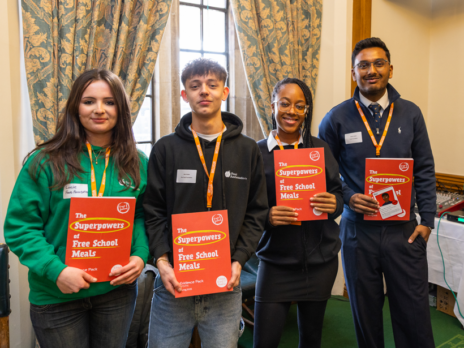
“I don’t know how anyone can bear to go on the beach,” said Dominique, shaking her head. She runs a small restaurant round the corner from where I live much of the year, in the Musiciens neighbourhood, central Nice. This was a couple of months after the devastating truck attack on the prom, on 14 July 2016, Bastille Day, which killed 86 people and injured more than 400. “Sunbathing, a few metres away from where all that happened…how can they?” she said. “I can’t even walk on the prom any more.”
She is not alone. When Nice’s mayor and president of its metropole area Christian Estrosi was interviewed last month, he revealed he had only just made his first post-attack visit to the Promenade des Anglais. Like Dominique, he struggled with his feelings. “I’ve taken 11 months to break through this emotional blockage,” he told local daily, Nice Matin.
Yet while all of Nice was profoundly shocked and scared, most people, not just tourists, managed to overcome their feelings even in the immediate aftermath. After three days of closure, the affected area of the prom quickly returned to its usual bustling, summer self – and despite M. Estrosi’s personal reservations, he has been part of the essential job of making Nice look normal, feel safe, and importantly, comfortable, even for those like Dominique.
Nice’s economy relies on its visitors, after all – five million of them each year. It is the second-most popular French tourist destination after Paris. The incongruity, even apparent heartlessness, of people enjoying the sun on the famous pebbled beach, while above them thousands of flowers, soft toys, banners, and other spontaneous displays of solidarity and compassion are laid out on the pavement – it might be bearable in the short term, when people already had their holidays booked, but it couldn’t be allowed to persist. Visitors felt bad as they picked a way to the beach through dozens of shrines, heart-breaking messages and traces of blood stains, even if they pretended not to notice.
So the first move was to shift all the remembrance items over to the far side of the prom, in the area surrounding the ornate fin-de-siecle bandstand. The “anti-shrine” of a pile of rubbish, erected on the spot where police shot terrorist Mohamed Lahouaiej-Bouhlel, was removed. The hand-painted instruction (in English) to “spit here” was also wiped away. Through the winter, the bandstand area continued to be curated, but tidied each day, and older items discarded.
Finally, in February, a team of volunteers cleared the commemorations into 16 vans, which took them all to a dedicated storage centre with “toute la dignité et le soin nécessaires” (all necessary dignity and care), according to the press. Making the prom look like itself again was not an act of disrespect, but of defiance and solidarity.
The next step was to convince residents and visitors Nice was safe. Gradual improvements to the prom that had been scheduled before the attack were sped up, and quickly amended to include an extensive line of bollards joined with steel rope. During the construction, the iconic palm trees were dug up, stored, and then replaced.
Do we feel any safer. though? Along with the rest of France, still under the national state of emergency, we have to present bags for checking at fetes, festivals, and in some big shops. Parents have been banned from attending school summer fairs and concerts. This is due to a 2015 edict which allows local authorities to ban outsiders, including parents, from entering school premises. In Nice, several major summer events have been cancelled or reduced in size, because the organisers can’t afford to pay for the now-statutory extra security.
Security guards are now posted outside every nursery and every school at the start and end of the school day. Surveillance cameras have increased in number. Throughout the centre of Nice, and especially on the prom and the beach itself, armed soldiers and police walk up and down in groups of two, three or four.
Nicois, as the locals are called, on the whole meet all this with a shrugging acceptance, while recognising much of it is symbolic rather than practical. What real difference does it make?
Like the moment-of-madness, illogical and illiberal “burkini ban” that led to women dressed “inappropriately” being removed from the beach by armed servants of the state, the responses convince no one we can really be protected.
The bollards along the prom mean the precise events of 14 July can never be replicated. The extra security might make evacuation safer and quicker in the event of another terrorist attack. However, Nice was already the most surveilled city in France, according to a major TV investigation broadcast last month. The same programme echoed the many questions still being asked by the press, victims and politicians. Local MP Marine Brenier has made several calls for a national commission of inquiry, which has yet to take place. Prosecutors are still to finally conclude whether Bouhlel was truly acting alone or had links with Islamic State.
Meanwhile, the remembrance ceremonies planned for 14 July have been carefully prepared and are open to all. With speeches, tributes, choirs, President Emmanuel Macron himself and lots of waving tricolors, the ceremonies will be sombre and serious, with zero religious input (of course – this is the France of laicité.) And despite the intense security, I’ll still be thinking we’re all brave to even be there.
Heather Welford is a freelance journalist based part of the year in Nice



